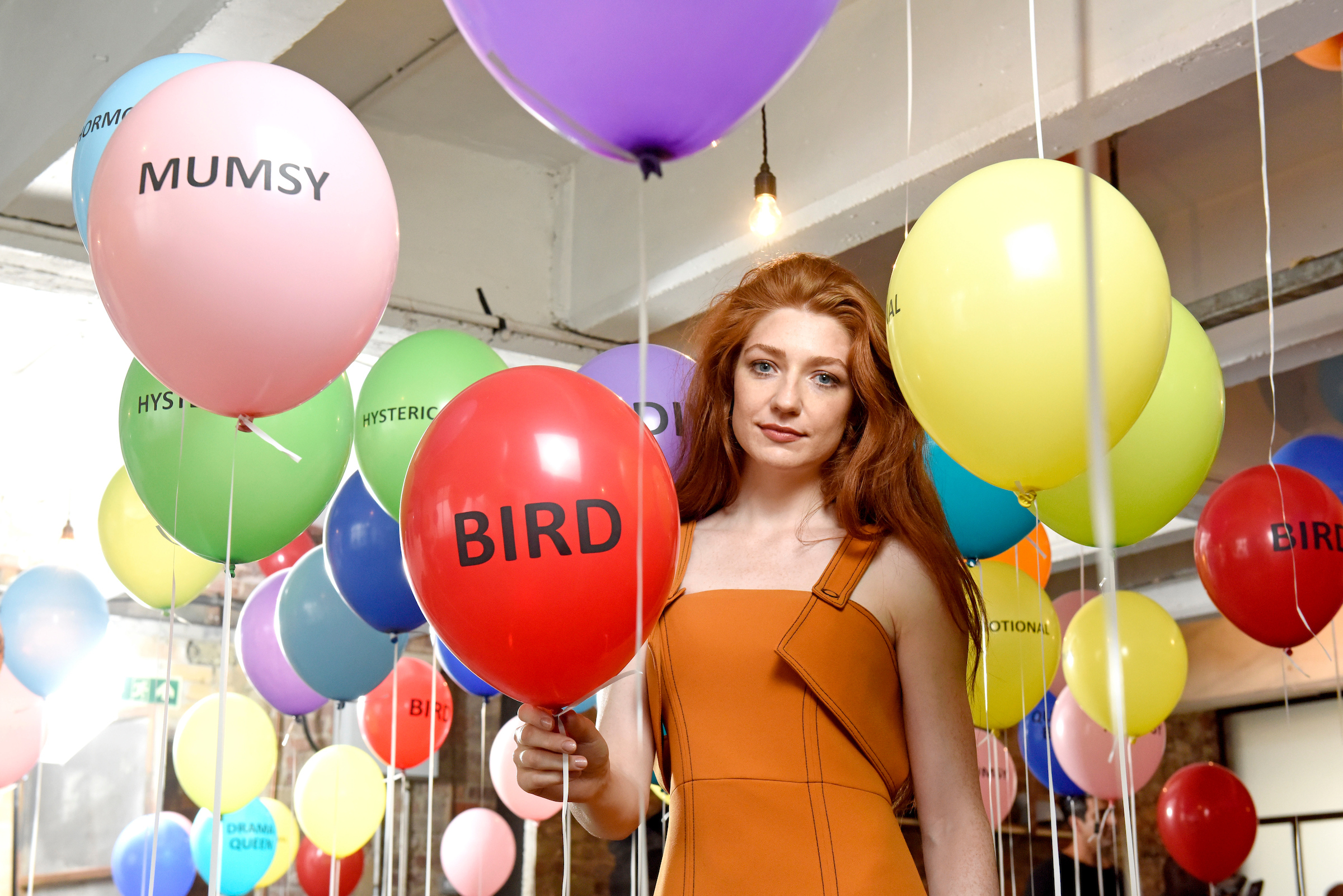
CALM down, dear, it’s only a survey.
As David Cameron wouldn’t say again, after he was accused of sexism when he uttered the late Michael Winner’s car insurance ad catchphrase to Labour MP Angela Eagle.
But a new poll has revealed “bird”, “doll”, “chick” and “babe” aren’t just the most-common words used in a 70s sitcom script.
They’re also the pet names British women want banished from the social dictionary, with two-thirds branding “bird” their most-hated moniker.
It’s maybe just as well Brookside’s no longer on the telly as the brilliant Bobby Grant would often greet long-suffering wife Sheila with a string of supposedly affectionate names: “Awright there Queen, She, Pearl, Princess?”
The survey also placed “mumsy”, “hormonal” and “diva” among the Top 10 words they would like to see banned from day-to-day vocabulary.
The findings, released as part of a new campaign from Special K to inspire inner strength in women, revealed females are tired of being labelled “hysterical” and “high-maintenance” and also objected to words such as “Feminazi” in daily lingo.
Where it was once believed to be an endearing term for your male co-worker to call you “honey” or “gorgeous”, 40% of women said they felt patronised when subjected to a pet name, especially in the workplace.
But it isn’t just men handing out the sexist slurs in the office — more than a quarter of women described the use of pet names by their female peers as belittling.
According to the research, on average, women claimed to hear men use these undermining terms seven times a month.
British women claimed they felt their strength as a female was undermined four times a day.
A whopping one-third of young women also confessed they had been told to “man up” in the workplace.
Keen to strike a balance, 72% of women said they would like to see females being described as “confident”, “resilient” and “courageous”.
The findings lifted the lid on the distinct lack of strong female representation in society, with 51% of Brits believing a strong woman is viewed negatively in today’s world.
Worryingly, the study showed one in 10 believed strong female role models were most lacking in our schools — with high-powered City jobs and trades failing to provide female role models.
Nearly a third of British women surveyed said they had been described as a flirt or a show-off for being confident growing up — with 30% admitting this has affected their self-esteem later on in life.
Special K’s new Strength Is . . . campaign is being fronted by ambassadors Katie Piper, Nicola Roberts and Lisa Faulkner.
Former Girls Aloud star Nicola Roberts says: “It is a strange thing that in a modern society, we still have room for language that holds strong women back.
“It is important young women grow up learning that if you are successful you are simply a strong woman succeeding, and don’t allow themselves to be referred to as anything other than who they are in a professional setting.
“Female strength is something to be celebrated and encouraged, not diminished by unfair labels to undermine their passion and drive.
“Women are too often called ‘bossy’, ‘feisty’ or ‘attention-seeking’ — now is the time to rewrite the vocabulary we use to empower women.”
READ MORE
When does a funny remark become a sexist slur?
Do you think it’s reasonable for women to be required to wear high heels to work?

Enjoy the convenience of having The Sunday Post delivered as a digital ePaper straight to your smartphone, tablet or computer.
Subscribe for only £5.49 a month and enjoy all the benefits of the printed paper as a digital replica.
Subscribe